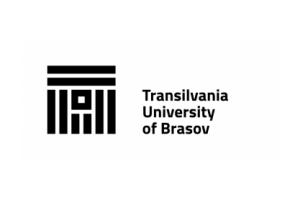Transilvania University of Brasov
-
0 comments

About the innovator
The Transilvania University of Braşov is a Romanian public academic institution with over 800 full-time scientists and professors and around 20,000 students (including over 500 students in PhD programs). The Department of Automation and Information Technology is affiliated to the Faculty of Electrical Engineering and Computer Sciences. It has participated in / coordinated numerous European and National research projects with focus on industrial and biomedical engineering, and has strong know-how in artificial intelligence, modelling, and high performance computing (GPU / cloud / cluster).
What is the innovation
The problem addressed in this work is formalized as follows: a hospital or an individual has sensitive or private data; a third party (e.g. an external cloud or processor) has a Deep Learning model for processing the data. The client encrypts the data using a symmetric key and sends it to the third party, which processes the data with the deep learning model. Deep Learning based solutions are adapted to work on homomorphically encrypted input-output data, i.e. supervised training techniques are employed on encrypted input-output value pairs. The deep learning model outputs encrypted results which are sent back to the client and decrypted by the client with the symmetric key. Thus, the secured distributed processing of the medical data is performed in such a way that the third party does not learn anything about the data, and the user does not learn anything about the machine learning model. The approach ensures that both data and predictions remain private and data analysis is performed only on the encrypted version of the data.
MyHealthData on Twitter
Out of the lab. Into the market
We are considering different IP protection strategies to provide a value proposition based on artificial intelligence and homomorphic encryption to execute applications without disclosing sensitive data. If we decide to patent, the business strategy will be to license the toolset to hardware and software providers. If we decide not to patent, the business model will be to provide the toolset as a service. We are also looking for strategic partnerships and investment to support our growth into the market.
Benefits of participation in the Framework Programme
As a group in the Department of Automation and Information Technology, our participation in the framework programme has allowed us to focus our efforts in areas with the highest innovation potential. Through projects like MD-Paedigree and MyHealthMyData, we have developed a wider perspective on healthcare related applications by working with other organizations that cover the range from medical devices to medical applications. As a department we have learned about the value of transferring the technology beyond the lab.
This innovation was funded via H2020 project MyHealth - MyData
Team behind the innovation
/futurium/en/file/teammembersjpgteam_members.jpg

/futurium/en/file/teammembersjpgteam_members.jpg


